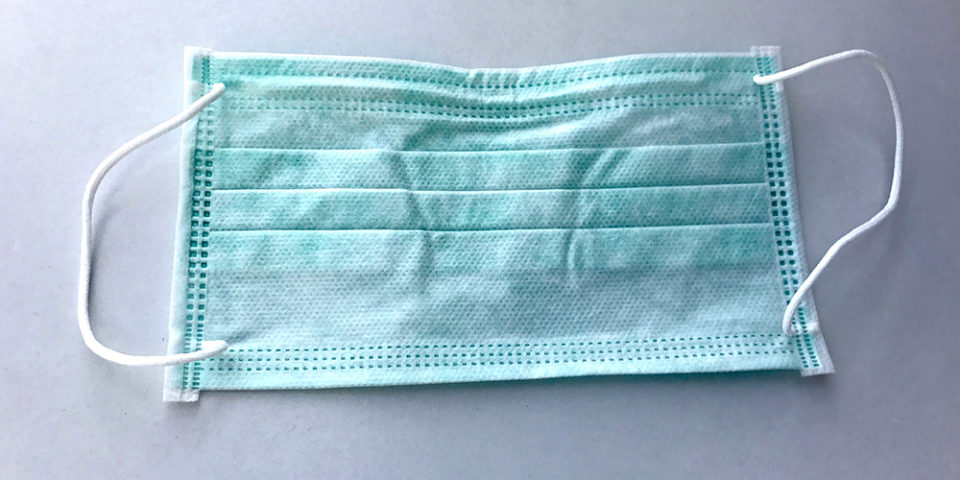What are the long-term health effects of COVID-19?
Although most people infected with COVID-19 have mild symptoms, there is a concern about the long-term health effects of the virus, especially among those who had severe symptoms.
“That’s the million-dollar question,” said Prisma Health infectious disease specialist Edwin Hayes, MD. “It’s hard to predict the long-term implications because the disease has really only been around since the end of December, so we don’t have that much time.”
Dr. Hayes said researchers are looking at other diseases like SARS, which has a close genetic relationship to COVID-19. “They did studies on SARS looking at long-term outcomes and saw issues, up to two years later, with people still working to get back the functionality to breathe appropriately.”
Another effect from SARS was an impact on bones. “Steroids were used a lot with SARS and steroids themselves can have side effects, including an effect on the bones, leading to things like hip fractures.”
Dr. Hayes said mental health also was affected. “A lot of people had issues with depression, anxiety, the trauma of being in the hospital, of being vented.” He said these issues not only affected the people who were sick but their family members as well.
What about immunity?
Dr. Hayes said it’s too early to know what immunity will look like.
“Is it going to be three months, is it going to be two years, it’s hard to say. Some folks think if you extrapolate from other coronavirus infections, you may see a brief immunity that’s going to wane down over time, and potentially allow you to be reinfected. I don’t know that I’ve seen a lot of data yet to strongly convince me that people can be reinfected. But again, it’s just so early in the course of disease. The hope would be that if people develop immunity after an initial exposure, that’s going to be enough to get them through this pandemic. But we’re still figuring it out.”
How do we protect ourselves?
Dr. Hayes said the best protection is to avoid getting sick in the first place. “Individuals need to protect not only themselves but the people around them by doing things like washing hands, wearing masks and social distancing.”
Need care today?
Use an E-Visit for quick, convenient care. Just go online, answer questions about your symptoms and submit.
Get Care Now

